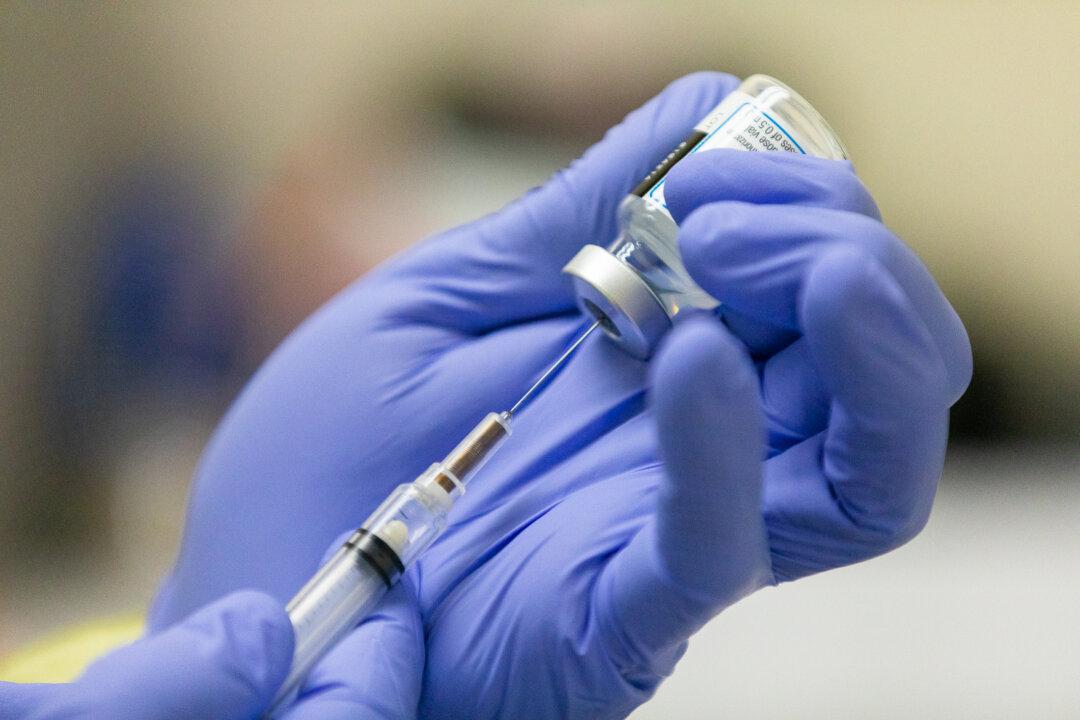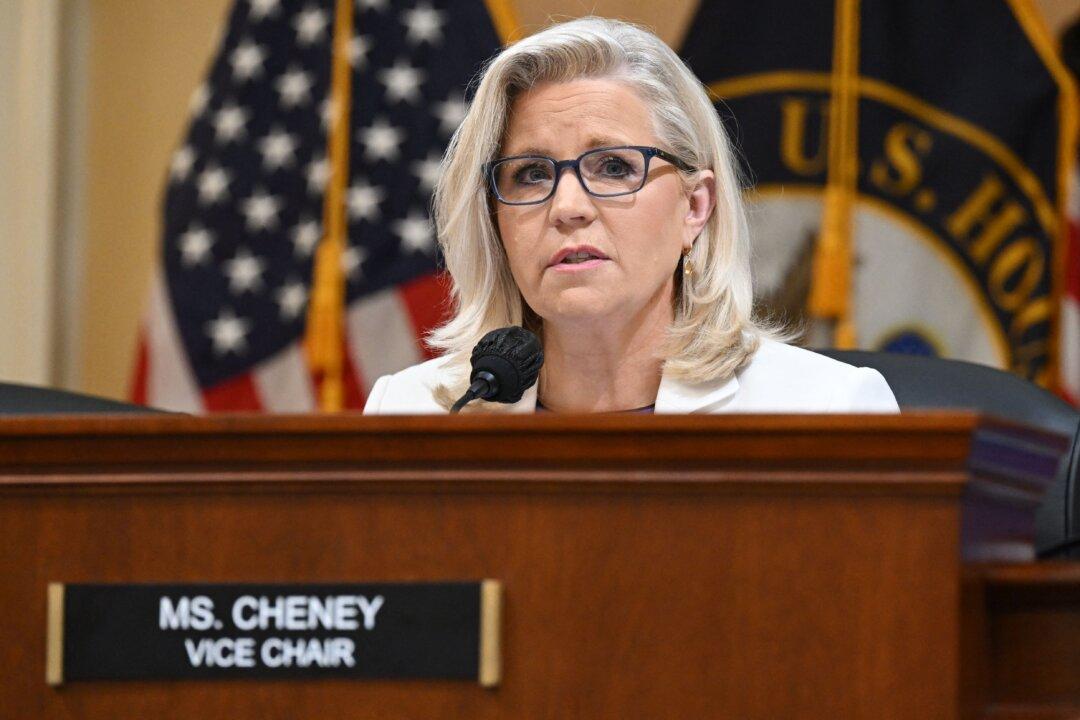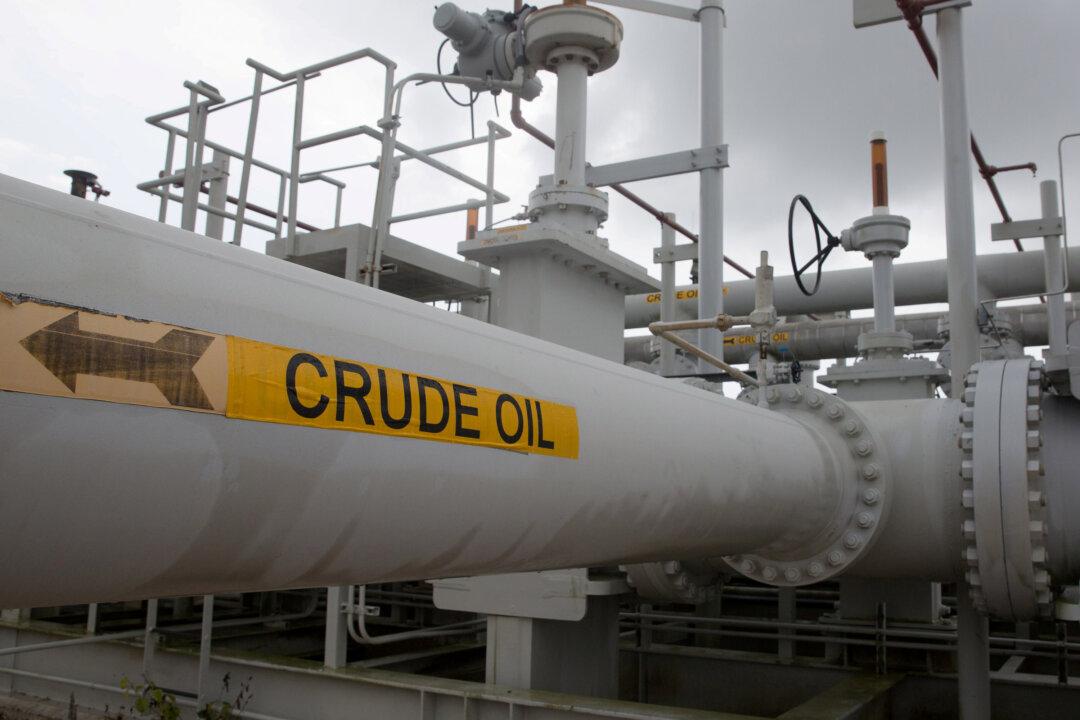Commentary
Pilots are protesting Southwest Airlines’ requirement that all employees must get COVID-19 vaccinations, and news reports speculated that mass cancelations of Southwest flights that began over the weekend were the result of pilots staging a “sickout.” But employee protests, sickouts, walk-outs, and terminations may not be the biggest threats employers face if they impose vaccine mandates.





